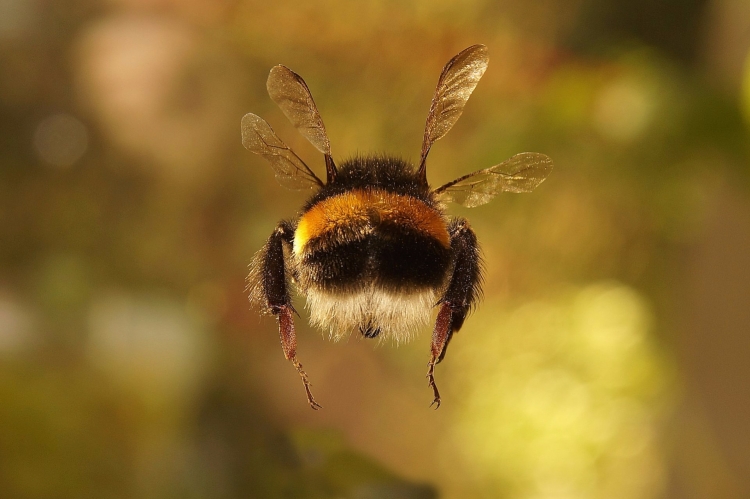
- Target:
- University of Guelph Board of Governors
- Region:
- Canada
Estimates vary, but bees are thought to pollinate about 20-35% of the food we eat, or about $900 million worth of crops annually in Ontario alone. A much larger percentage of wild plants rely on bees.
But both wild bee and honeybee populations are failing, with winter losses often over 50-60%, and Colony Collapse a lurking threat to every hive.
Bees are dying off at record rates,
in large part due to pesticide exposure.
Bees can be affected by direct contact with the compound in the air or by walking on it, but the risk doesn’t end there. Pesticides are absorbed into the soil, seeds, and plants, moving through the stem, leaves, flowers, pollen, and nectar, poisoning bees long after application.
Some pesticides that are most dangerous to bees :
Neonicitinoids
•Nicitine-based clothiandin
•Imidacloprid
•Thiametoxam
Synthetic Pyrethroids
•Cypermethrin
•Deltamethrin
Organophosphates
•Clorpyriphos
Chlorinated Cyclodienes
Carbamates
Phenylpyrazoles
•Fipronil
These bee-killing chemical pesticides do not belong on our campus.
We, the undersigned, call on the Board of Governors at the University of Guelph, to eliminate the use of pesticides on campus. In particular, we would like to see eliminated potentially bee-harming chemicals of the following classes: Neonicitinoids (including Clothiandin, Imidacloprid, and Thiametoxam), Synthetic Pyrethroids (including Cypermethrin and Deltamethrin), Organophosphates (including Clorpyriphos), Phenylpyrazoles (including Fipronil), Chlorinated Cyclodienes and Carbamates.
You can further help this campaign by sponsoring it
The Gryphons for Bees petition to University of Guelph Board of Governors was written by Ashley Wightman-Brownlee and is in the category Environment at GoPetition.